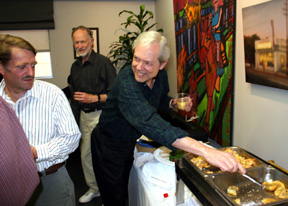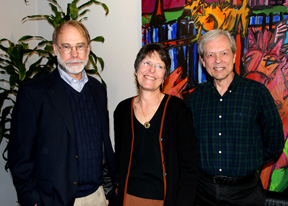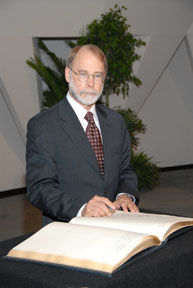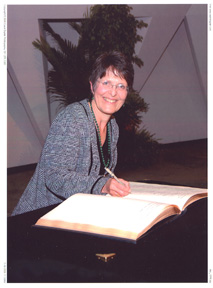
Members and foreign associates are elected annually in recognition of their distinguished achievements in original research; election is considered one of the highest honors that can be accorded a scientist or engineer. Currently, as many as 72 members and 18 foreign associates may be elected annually.
Although many names are suggested informally, formal nominations can be submitted only by an Academy member. Nomination materials and candidate lists are confidential. The nomination and evaluation process occurs throughout the year, culminating in a final ballot at the Academy's annual meeting in April. The names of newly elected members and foreign associates are announced in a press release, available on our web site. Because membership is achieved by election, there is no process by which an individual may apply for membership.



Interesting facts from the NAS Website
The National Academy of Sciences (NAS) is an honorific society of distinguished scholars engaged in scientific and engineering research, dedicated to the furtherance of science and technology and to their use for the general welfare.
The NAS was signed into being by President Abraham Lincoln on March 3, 1863, at the height of the Civil War. As mandated in its Act of Incorporation, the NAS has, since 1863, served to "investigate, examine, experiment, and report upon any subject of science or art" whenever called upon to do so by any department of the government. Scientific issues would become even more contentious and complex in the years following the war. To keep pace with the growing roles that science and technology would play in public life, the institution that was founded in 1863 eventually expanded to include the National Research Council in 1916, the National Academy of Engineering in 1964, and the Institute of Medicine in 1970. Collectively, the four organizations are known as the National Academies.

More Interesting Facts from the NAS Website
The Academy membership is comprised of approximately 2,000 members and 350 foreign associates, of whom more than 200 have won Nobel Prizes. Members and foreign associates of the Academy are elected in recognition of their distinguished and continuing achievements in original research; election to the Academy is considered one of the highest honors that can be accorded a scientist or engineer.The Academy is governed by a Council comprised of twelve members (councilors) and five officers, elected from among the Academy membership. Dr. Ralph J. Cicerone is the president of the National Academy of Sciences.









 |
 |




Photos From the Induction:


Joan signing the Academy Book

